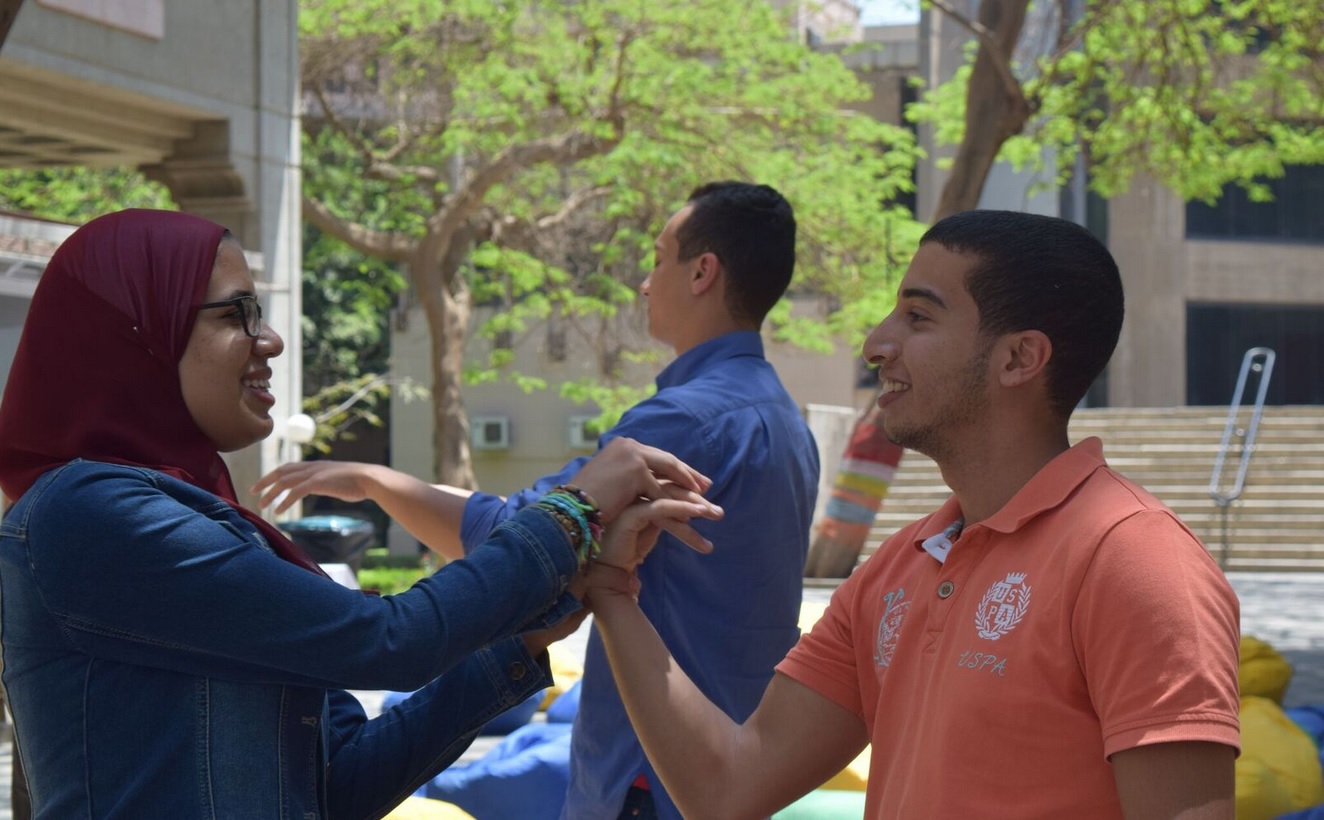In the bustling streets of Cairo, with its echoing noises of life and its pounding stories of perseverance, an awakening is happening. Young minds are starting to understand the power of community. They’re understanding the role they can play to inspire change in their society by giving young people the chance to become informed, engaged, and empowered. Some are no longer complaining about negativities, but seeking out positive change. And that is what “3ard Al Share3” is doing. Today, it is hard to overlook an awakening that is unfolding. With 99.3 percent of Egyptian women having experienced sexual harassment, young minds are starting to understand the power of community, and the role they can play to inspire change in their society. For that matter, more youth are creating safe spaces, such as “3ard Al Share3”, where young people seek empowerment through engaging with one another and sharing knowledge. Spanning the 8th and 9th of May, “3ard Al Share3” (roots and routes of street harassment) took place at the GrEEK Campus. The campaign aims to raise awareness about the roots of street harassment, in hope of leading to routes in which…



